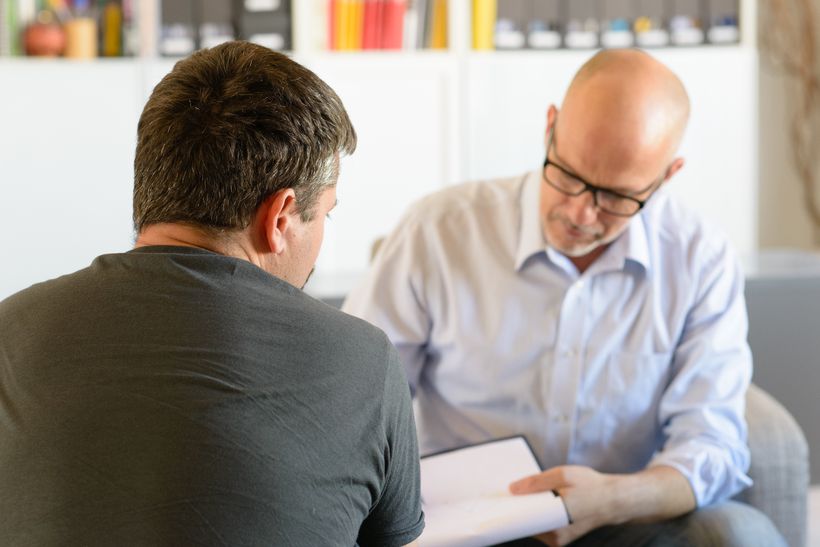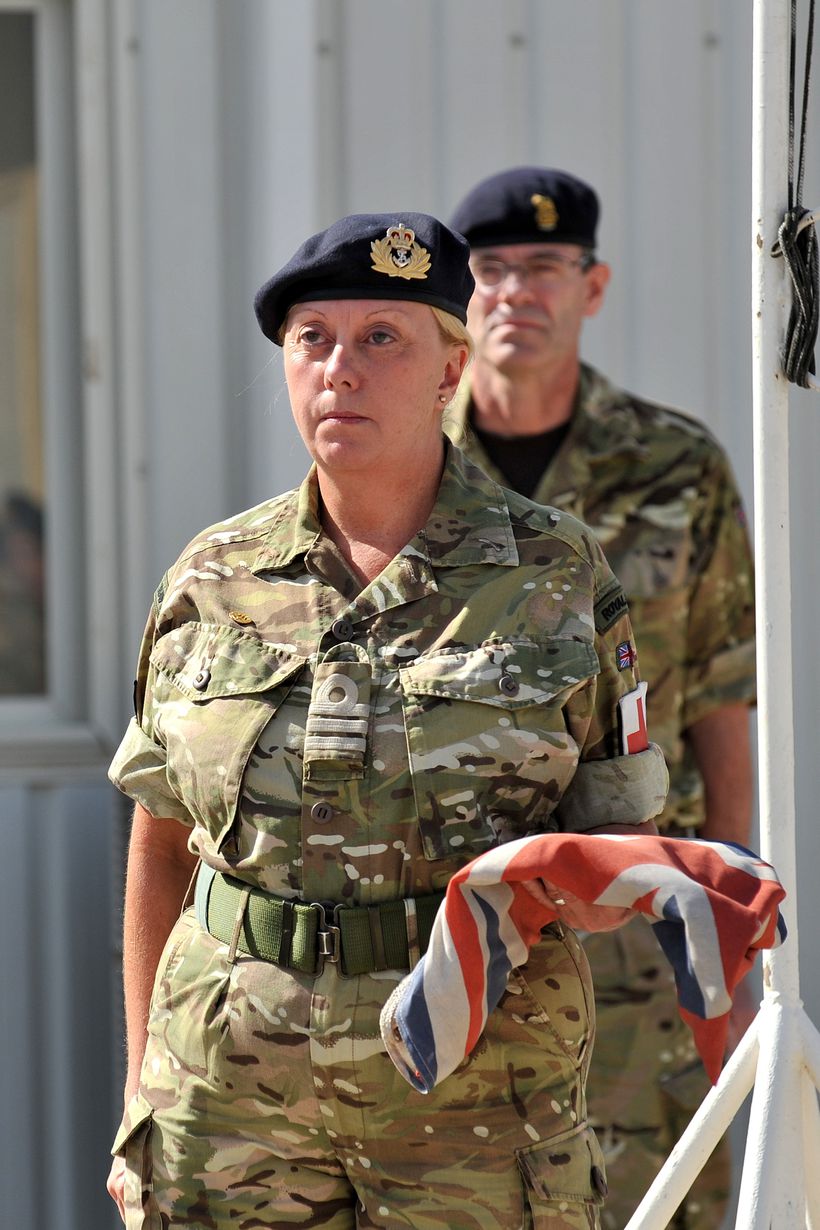Updated on
By Carol Betteridge, Head of Clinical & Medical Services at Help for Heroes
For many of us, the Falklands War was the first overseas conflict we experienced in our lifetimes. It is important that we should take time over its 40th Anniversary to remember those who sacrificed so much for their country.
We should also be mindful that for many of those who fought so far from home, the physical and mental wounds they received during the conflict affect them every day – not just on anniversaries.
The Falklands war drove new medical innovations
While the clinical treatment for troops back then was less advanced than today, it was also revolutionary. It was one of the first wars where surgical teams and equipment were taken to the casualties, rather than the other way around, so that they could be treated as quickly as possible - a technique subsequently copied in Iraq and Afghanistan and which saved many lives.
A difficult environment
However, with freezing temperatures meaning medics were working with numb fingers, the sheer number of casualties and far more burn injuries than expected, medical support was difficult and stressful. I’m therefore not surprised that at the charity we are still treating Falklands veterans for a variety of physical injuries, such as trench foot and non-freezing cold injuries.
A lack of mental health understanding
From a psychological perspective, PTSD didn’t have the recognition then that it has now, and people weren’t knowledgeable about the signs of psychological distress. Rather than being encouraged to ask for professional help, the expectation was for you to deal with it yourself, or that you could ‘get over it’ by having a chat with a mate over a beer. Indeed, asking for help was considered by many as a sign of weakness and people didn’t want to be labelled as having psychological issues.
The lack of proper support for mental health means that many Falklands veterans buried their issues and ‘soldiered on’ as they were expected to. This is why, 40 years on, we still have Falklands veterans coming to us for help for psychological wounds that they have struggled with for so long.
How to give and get support
We believe that there are likely to be many others out there who are still fighting their own battles without support. To them we say it’s never too late. We’re here to support wounded veterans, whenever and wherever they served. Just go to our Get Support pages to find out how we can help.
As the number of veterans who need support continues to grow, the British public can also help by donating online.




